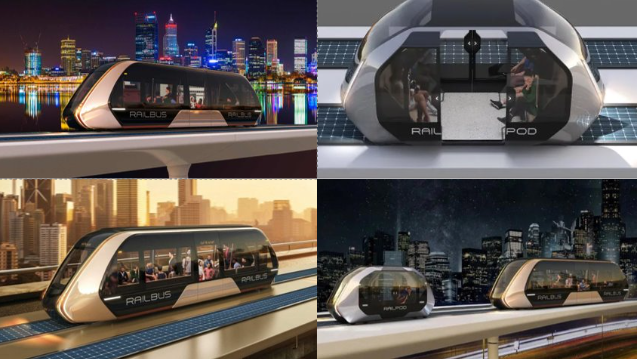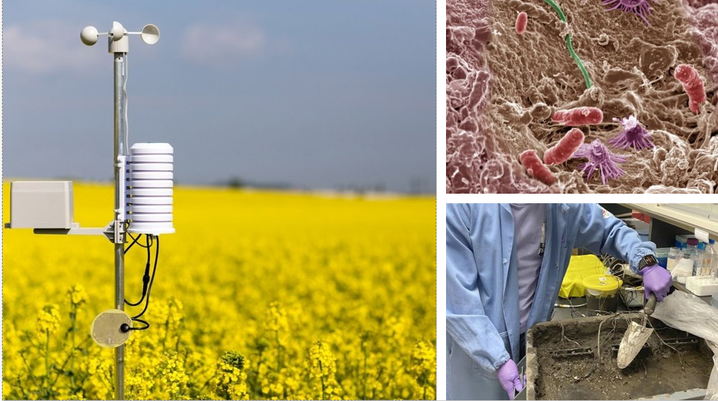March 2024 Mechanical Engineering Blog
Looking for Mechanical Engineering Consulting? Check out our Team. Click here.
March 4, 2024
New Futuristic Driverless Rail System Uses Solar Energy to Reduce Costs and Energy Usage
New Futuristic Driverless Rail System Uses Solar Energy to Reduce Costs and Energy Usage
A futuristic driverless rail system being developed in Dubai could come to a city near you and apparently it only costs 20% of what a traditional rail system costs, all thanks to solar energy. The “Railpods” have a futuristic design and look like small monorail cars that travel above ground. The Dubai roads and transportation authority is currently developing two versions of the rail system including the floc rail system, which is similar to a traditional train in that it uses two tracks, and a solar powered version that uses a bridge to capture solar energy to power the pods. The city’s transportation authority partnered with company Urban.MASS to work on the project. When complete, the rail system will be able to serve 1,000 – 16,000 people daily. CEO of Urban.MASS, Richy Sandhu, is confident that the rail system can be easily adopted by other cities and he says that it is especially suited for metropolitan areas with populations between 200,000 and 10 million. Learn more about this topic here.
March 19, 2024
New Type of Fuel Cell Harvests Energy from Dirt
New Type of Fuel Cell Harvests Energy from Dirt
Researchers at Northwestern University developed new fuel cells that can harness the power from microorganisms in dirt and use it to power small devices for several uses. The fuel cells or batteries are about the size of a paper book and apparently, they are powerful enough to provide energy for farming sensors and remote devices in the Internet of Things (IoT) such as smartwatches and other devices. The batteries are powered by microorganisms that exist in dirt, such organisms naturally generate electricity through the flow of electrons. In an experiment the researchers were able to use their newly designed batteries to power sensors that can measure soil moisture and motion sensors that can sense passing animals, showing the potential of the technology for farming applications. The researchers were surprised to discover that the batteries functioned adequately in both dry and wet environments and that they could outlast other technology. Professor of civil and environmental engineering at Northwestern University George Wells mentioned that “We're not going to power entire cities with this energy. But we can capture minute amounts of energy to fuel practical, low-power applications.” The new dirt batteries are said to be a sustainable replacement for lithium batteries which are harmful to the environment. Learn more about this topic here.
© Copyright BHC Associates, Inc., 2020 - 2023. All rights reserved.


